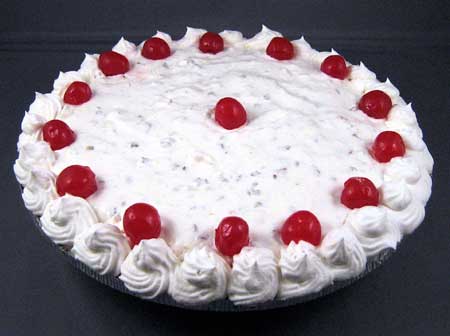
Nine low-income families in Baltimore row houses agreed to let researchers till the sewage sludge into their yards and plant new grass. In exchange, they were given food coupons as well as the free lawns as part of a study published in 2005 and funded by the Housing and Urban Development Department.
The Associated Press reviewed grant documents obtained under the Freedom of Information Act and interviewed researchers. No one involved with the $446,231 grant for the two-year study would identify the participants, citing privacy concerns. There is no evidence there was ever any medical follow-up.
Comparable research was conducted by the Agriculture Department and Environmental Protection Agency in a similarly poor, black neighborhood in East St. Louis, Ill.
The sludge, researchers said, put the children at less risk of brain or nerve damage from lead, a highly toxic element once widely used in gasoline and paint. Other studies have shown brain damage among children, often in poor neighborhoods, who ate lead-based paint that had flaked off their homes.
The idea that sludge — the leftover semisolid wastes filtered from water pollution at 16,500 treatment plants — can be turned into something harmless, even if swallowed, has been a tenet of federal policy for three decades.
[...]
The Maryland Court of Appeals likened the study to Nazi medical research on concentration camp prisoners, the U.S. government's 40-year Tuskegee study that denied treatment for syphilis to black men in order to study the illness and Japan's use of "plague bombs" in World War II to infect and study entire villages.
"These programs were somewhat alike in the vulnerability of the subjects: uneducated African-American men, debilitated patients in a charity hospital, prisoners of war, inmates of concentration camps and others falling within the custody and control of the agencies conducting or approving the experiments," the court said.
Labels: Experimenting on the Poor. Sludge. Shit.


 Facelift?
Facelift?




 The Wilkins shelf covers 5,600 square miles. It is the largest ice shelf on the Antarctic peninsula. Over 160 square miles has broken away since February 2008. The melt is happening twice as fast as scientists predicted.
The Wilkins shelf covers 5,600 square miles. It is the largest ice shelf on the Antarctic peninsula. Over 160 square miles has broken away since February 2008. The melt is happening twice as fast as scientists predicted.

